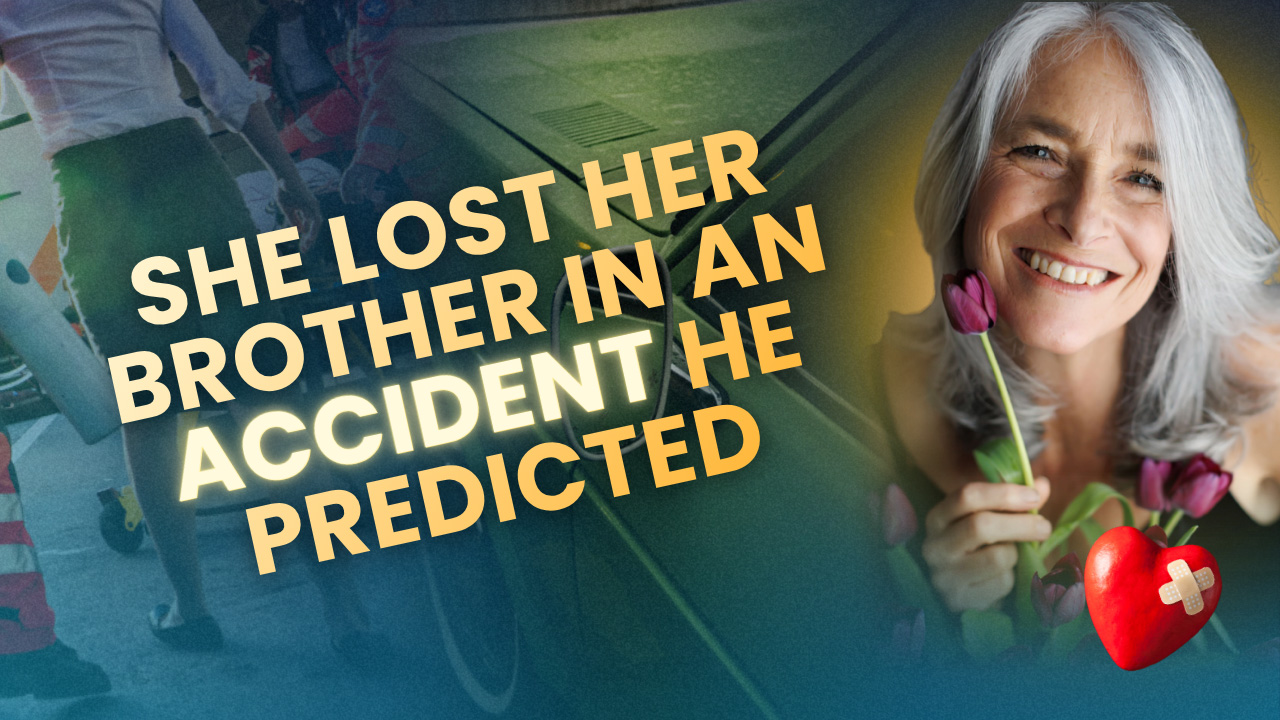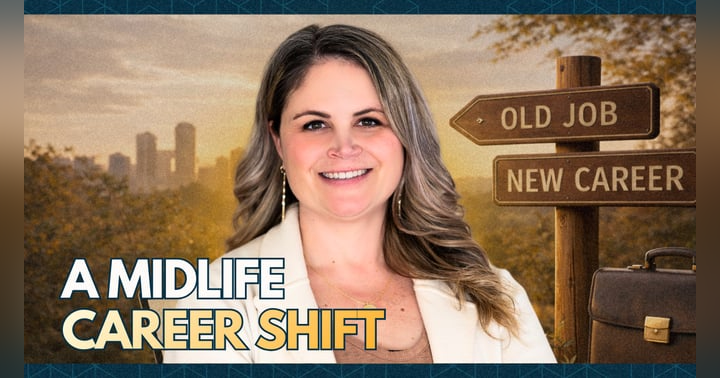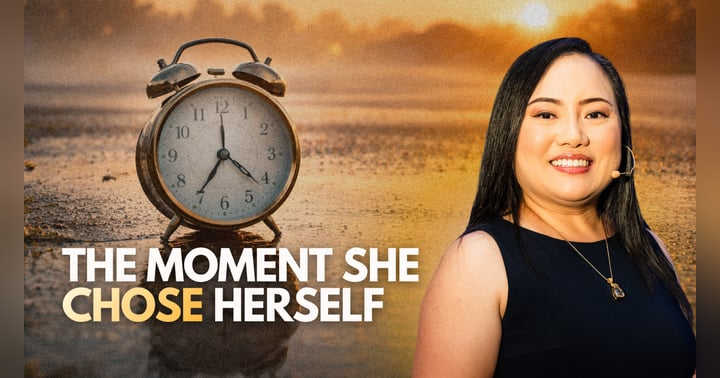The Healing That Begins When You Tell the Truth About Grief

When Grief Freezes Time
Grief has a way of pausing the world. It traps us in a moment that keeps replaying until we find the courage to speak it out loud. For years, I’ve heard guests on The Life Shift Podcast describe that same feeling – how silence can feel safer than honesty.
When I spoke with Kristina Amelong, her story captured that truth in a way that still lingers with me. She was seventeen when her younger brother, Jay, was struck and killed by a green car. What made it even more haunting was that Jay had predicted it. For months before the accident, he told his family, almost casually, that he would die young and that a green car would be involved.
At the time, no one knew what to do with that kind of knowing. And after the loss, no one knew how to talk about it. So Kristina learned to survive by staying quiet.
How Silence Protects — and Hurts
For years, she avoided the story entirely. The silence became her protection, her way of pretending that the world hadn’t fallen apart. Like many of us who carry early loss, she found temporary escapes – drinking, drugs, distraction. “It pushed me further into addiction and into having sex with anyone I could get my hands on,” she said. “I just wanted to stop hurting.”
But grief has a way of waiting for us. It doesn’t vanish with time. It lingers in the body until it finds a way to speak. For Kristina, the turning point came when she realized she couldn’t let her mother lose another child. That thought was enough to make her seek help and begin the long process of recovery.
She checked herself into treatment at twenty-two and started over. That decision didn’t erase the pain, but it created space for her to face it. She began rebuilding her life from the inside out, one hard truth at a time.
The Question That Changed Everything
Decades later, grief found another way to reach her. While on a flight home from a writing retreat, Kristina met an English professor who asked her a simple question that would change her life: “Who else knew your brother?”
That question cracked open the silence she had carried for more than thirty years. It reminded her that she wasn’t the only one holding the story. Bit by bit, she began tracking down the people who had known her brother – childhood friends, classmates, neighbors – anyone who could fill in the missing pieces of his life.
What she discovered was both heartbreaking and healing. Many of those people were still frozen in their own grief, unable to move past that day. By reconnecting with them, Kristina created a space where they could share memories, cry, and remember together. “Each one of them had been frozen in that same grief,” she told me. “But by sharing our stories, we both started to heal.”
That process became the foundation of her memoir, What My Brother Knew. It’s a book that not only tells her story, but also honors the ripple effect of connection that happens when we finally let grief speak.
Turning Grief Into Connection
Listening to Kristina, I was reminded of how many people carry their losses in silence. Sometimes it’s because we think no one will understand. Other times it’s because we were taught not to talk about it. But the act of sharing – of saying the words out loud – can transform isolation into connection.
Kristina found that through writing and through her work with others. She now runs Optimal Health Network, a holistic healing business that helps people restore their physical and emotional well-being. She also serves on the Center for World Philosophy and Religion, where she explores how spirituality and human stories can guide us toward collective healing.
What struck me most about her story is how she describes tears as sacred. “Tears are so underestimated,” she said. “They’re a pathway to one’s deeper self, one’s deeper purpose, one’s deeper knowing.” Her words reminded me that grief isn’t something to overcome. It’s something to move through – something that can deepen our understanding of what it means to be alive.
A Life Rewoven Through Story
Kristina’s story shows that healing doesn’t happen overnight. It takes time, courage, and a willingness to tell the truth – even when the truth hurts. She went from a seventeen-year-old girl stuck in silence to a woman who helps others speak their pain out loud.
In her own way, she broke a generational pattern. Her mother never spoke about Jay’s death, but Kristina found a way to keep his memory alive through storytelling, community, and compassion. She turned her pain into a bridge that connects her to others who are still trying to make sense of their losses.
That’s the kind of transformation that The Life Shift Podcast is all about. It’s the reminder that even the hardest stories have something to teach us – about resilience, empathy, and the power of telling the truth.













